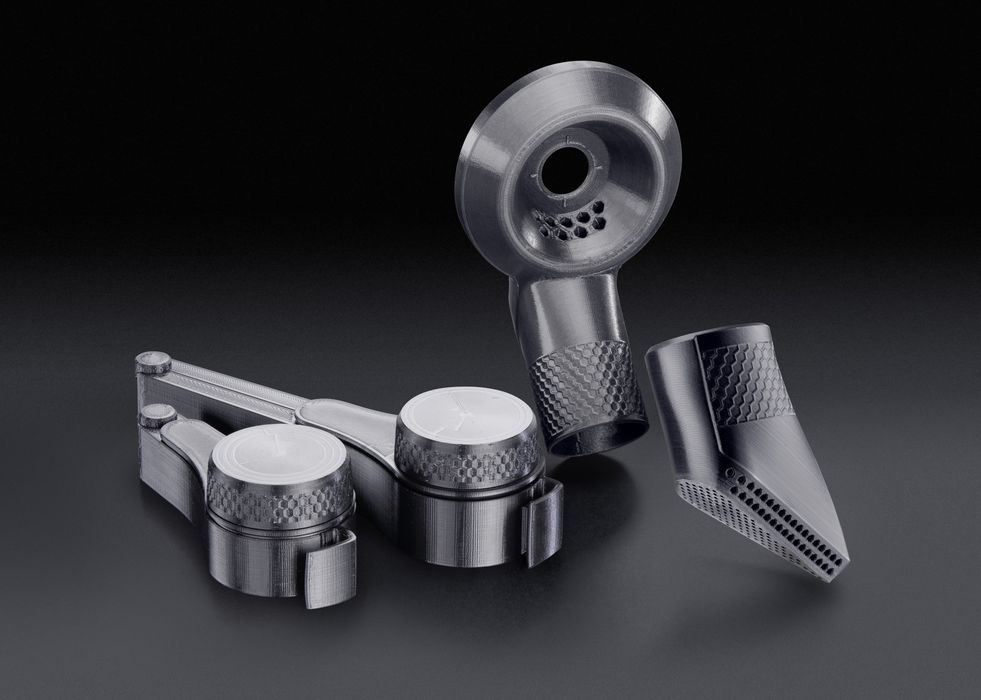
Replique is a comprehensive, end-to-end digital inventory solution.
Digital inventory is the concept of storing spare parts — and even new parts — digitally, rather than making them in advance and storing them physically at great expense. Traditional manufacturing methods required physical inventory because the production line would be torn down, so all parts that would ever be required had to be made in advance.
With the accessibility of additive technologies, there is no need for a production line as parts can be 3D printed on demand. This capability led to the idea of digital inventory, which can save a considerable amount of money for many companies.
The problem is that moving from traditional processes to a fully digital one can be incredibly difficult. Parts might not be 3D printable, for example, or a company might not have the skills or tools to use a digital inventory.
That’s why there are now several 3D startups focusing on digital inventory services.
One of them is Replique, a product of BASF’s business incubator. BASF has been strongly addressing the 3D print market from multiple angles, and this is another one.
Replique’s key value is that they seem to address all aspects of digital inventory conversion. They provide not only a platform for managing the inventory, but also globally distributed printing services, part consulting and design, transaction management and security around all steps involved.
For clients considering a switch towards digital inventory, Replique could be a good option as they provide a broader solution than some other options available today. They also seem to be backed by BASF.
This could provide some confidence for prospective clients, who would otherwise be facing a situation where they may have to obtain different pieces of a solution from multiple parties.
Miele Deal
Replique also announced an arrangement with Miele, the German appliance manufacturer. Under the agreement, Replique’s system will be used to manufacture on demand accessories for certain Miele products, and ship them directly to customers.
This isn’t necessarily a spare parts implementation, but accessories follow the same manufacturing path and thus can be handled by Replique’s system.
Replique explains the benefits of the Miele deal:
“Under the terms of the partnership, Replique receives the exclusive right to produce and ship high-quality 3D printed accessories from Miele using its decentralized production network. Miele can now launch new products with Replique’s 3D printing platform. Thanks to the capability for digital storage and on-demand production, Miele is granted the flexibility to provide customers new accessories quickly and cost-efficiently from a batch size of just one. With Replique’s end-to-end solution, Miele benefits from an easy process integration that connects existing ordering and e-commerce solutions, automatic order processing and expert knowledge in industrial grade 3D printing.”
For Miele, this seems to be an extension of their previous “3D4U” project, where they distributed 3D printable designs publicly for customers to access and produce themselves.
The new arrangement with Replique seems to be a reaction to high demand for 3D4U parts. It seems that not every Miele client has their own 3D printer ready to produce parts, and so an efficient service was required to fill the gap.
Now any Miele customers will be able to receive 3D printed accessories, whether they have the equipment or not.
Via Replique
